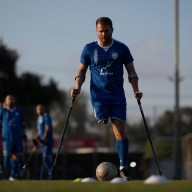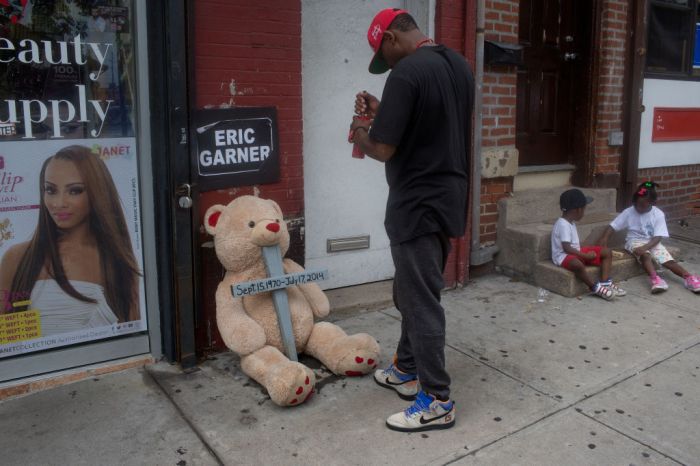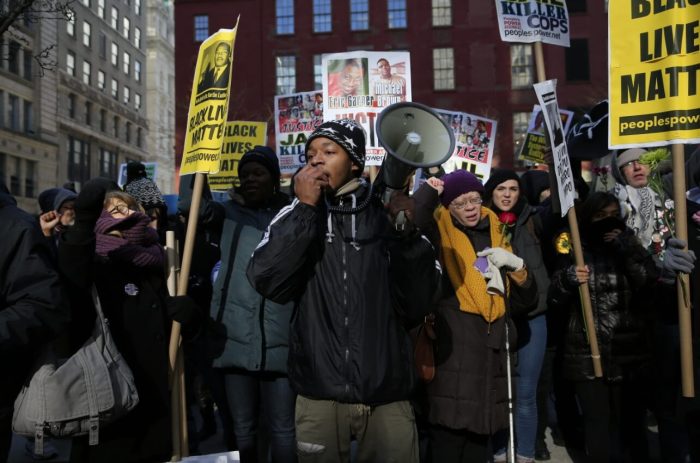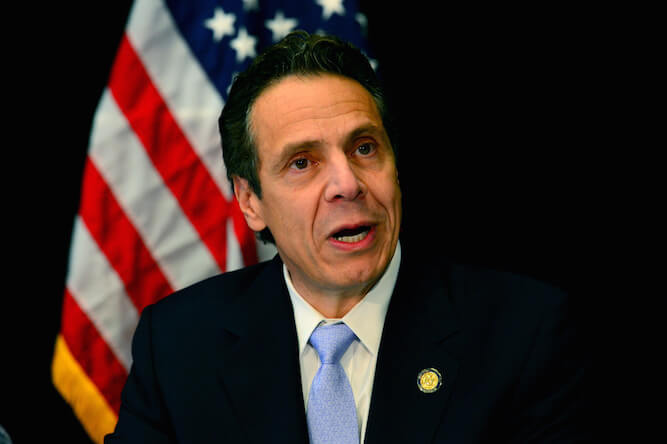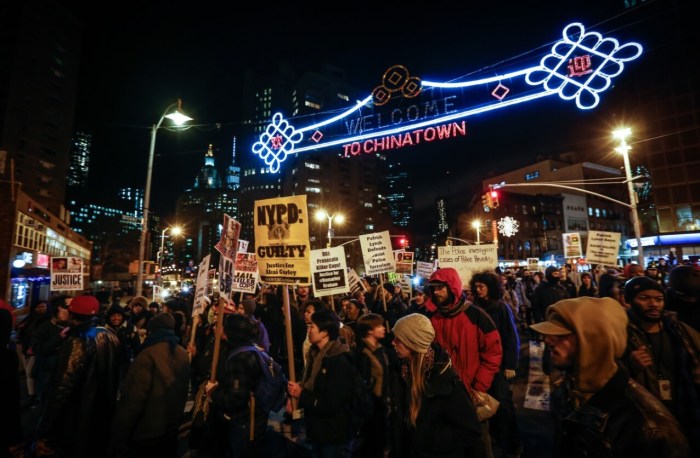High school students growing up in the Bronx today face a different set of struggles than teenagers during the civil rights era who marched, rode, sat in and died for equal rights, says Kamrin Pressley, 14, a ninth grade student and student council president at Harry S. Truman High School. “They struggle with immaturity,” said Pressley when asked about the struggles of teenagers in the Bronx today. “And they listen to these rappers that only rap about violence and call girls out their name, calling guys out their name, using the same words they used a long time ago. My friends know for a fact you do not call me out my name.” Pressley, 14, is a ninth grade student and student council president at Harry S. Truman High School, was one of dozens of high school students who got to hear from living, breathing connections to the civil rights movement on Wednesday. The event, hosted at Evander Childs High School by Bronx Councilman Andy King and the Bronx Youth Empowerment Program, included an appearance by Harry Briggs Jr., who was the lead petitioner on a segregated busing case in South Carolina that paved the way for the Supreme Court’s Brown v. Board of Education ruling. Henry Singleton, who marched with Dr. Martin Luther King. Jr. as a teenager in Alabama, and is now a union organizer in New York, gave the keynote address to a silent, rapt audience of high school students. Some students cried as Singleton recalled how a gunman took half of the civil right leader’s head off in Memphis. “It makes a difference, hearing from someone who has been through it, you see their emotion and their passion more than reading it or seeing in a movie,” Pressley said afterwards. Briggs case featured in a law class Pressley is taking, but her teachers “don’t really get down into details” when they teach black history from a textbook, she said. Keyron Scott, 18, was one of many students who stood up in the room when Singleton asked who planned to go to college and stick with it.
“The speech kinda changed how I think,” said Scott of Singleton’s talk. “Black people are kind of separated, we don’t have a lot of unity and we need to get together and we need more leaders who unite us.” Scott said he wants to study business at the University at Buffalo. Though a major emphasis of the morning was on young people making change, recent marches calling for justice for Eric Garner in Staten Island and Michael Brown in Ferguson weren’t mentioned. “What you’re seeing out there, you’re seeing college students (marching),” Councilman King said. “You’re not seeing high school students, junior high students, part of YEP (Bronx Youth Empowerment Program) is to inspire them, and get their generation ready. Because by the time you decide to wake up, when you get to college, it might be too late.”
Bronx students hear first-hand accounts of civil rights movement
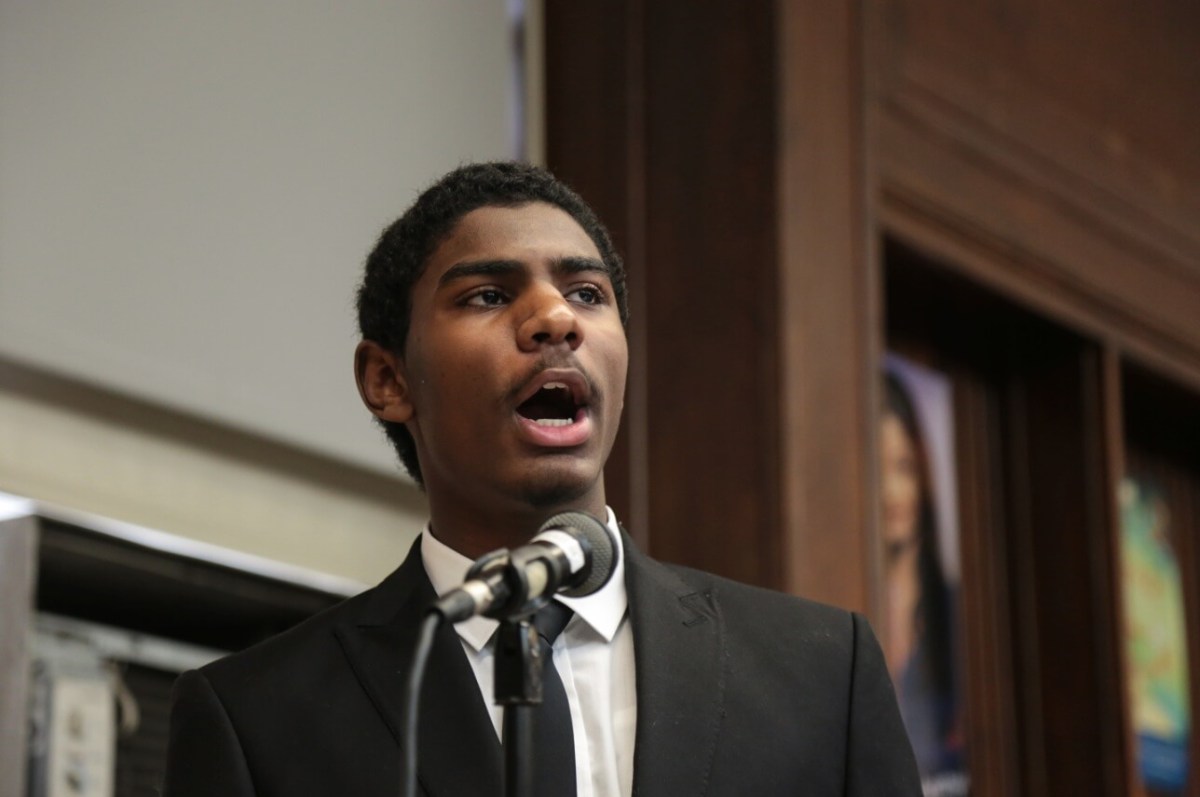
Miles Dixon, Metro






